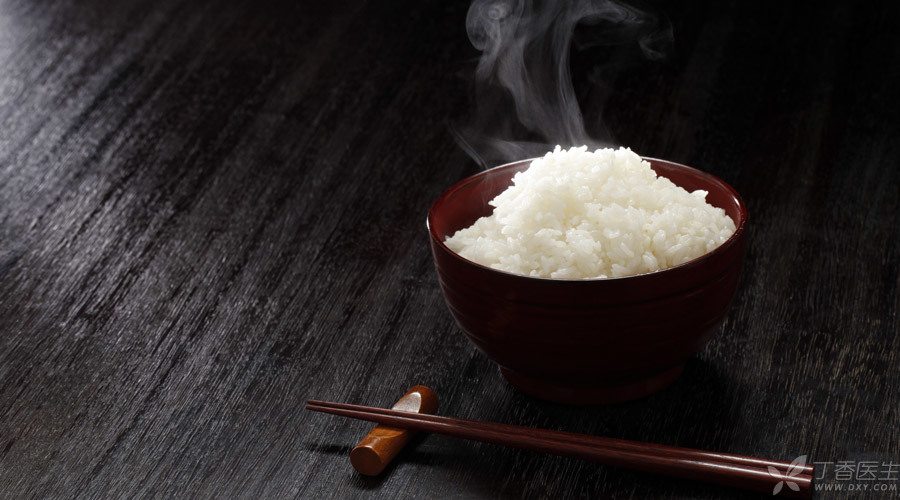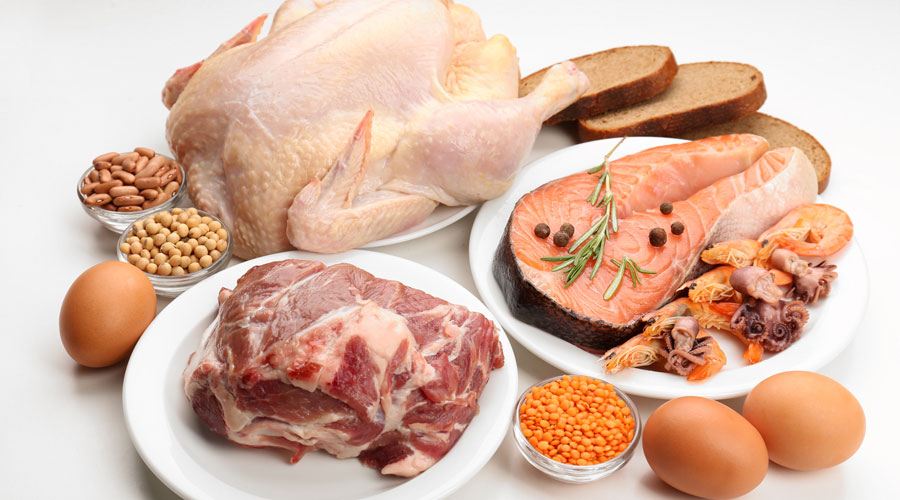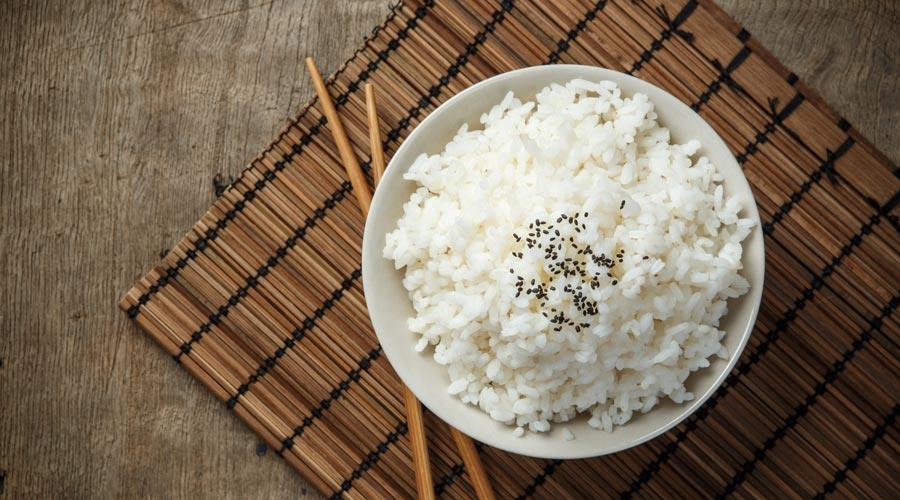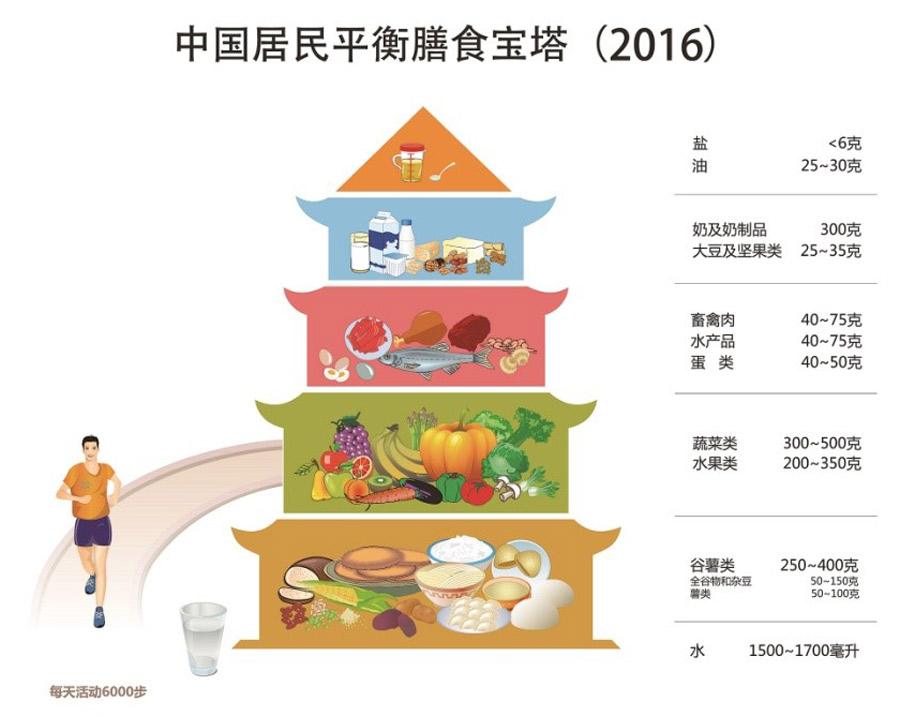
Recently, WeChat circles have gone viral with an article entitled “Eat more staple food and die faster?” The Lancet’s latest research, how many doctors and nutritionists hit the face > > article.
Some people who advocate [low carbon diet] and [ketogenic diet] even take this opportunity to promote the concept of [eating staple food is harmful and eating fat is beneficial].
Many readers ask: Eat more staple food and die quickly? Is it healthier to eat too much fat? Do you want to believe the dietary guidelines?
Don’t worry, Dr. Clove will tell you about the problems and misunderstandings in this study.
Myth 1: Is this a study that conforms to the public?
In fact, the main research object of this study is low-income manual workers.
The study included dietary survey data of 135,335 people between 35 and 70 years old in 18 countries on five continents, with an average follow-up time of 7.4 years.
Among them, South and Southeast Asia together have more than 40,000 interviewees, and China also has more than 40,000 interviewees. Among them, 81% are primary and secondary school cultures, and 82% are medium and heavy manual labor.
In other words, the study was conducted among people with low income, few other ingredients except food, malnutrition and moderate to high physical activity.
Please think about it, are you a mental worker or a manual worker? Is the analysis result of this study really suitable for your diet reference?

Myth 2: Are Chinese Eating Too Much Carbohydrate?
In fact, the data of this study are biased, and most Chinese do not eat much carbohydrate!
In this study, the diet composition of the Chinese people is as follows:
The energy supply ratio data of carbohydrate, protein and fat of Chinese interviewees are 67.0%, 17.7% and 15.3% respectively.
However, according to the “Report on Nutrition and Chronic Diseases of Chinese Residents” published in 2015, the energy supply ratio of the three major nutrients in the average diet of Chinese residents in 2012 was 55.0%, 12.1% and 32.9% respectively.
The difference between the two data is too great, which shows that the survey results of this paper do not reflect the current real diet of most Chinese.
Myth 3: Is it healthier to eat more fat and meat?
In fact: The study only shows that eating too much fat and meat is not good.
The study found that:
The person with the lowest fat energy supply ratio has the highest total mortality rate, non-cardiovascular and cerebrovascular disease mortality rate and stroke risk. However, when the energy supply ratio is between 24% and 35%, the risk is relatively low.
The proportion of total mortality and non-cardiovascular and cerebrovascular disease mortality is the highest for those with the lowest protein energy supply ratio. When the energy supply ratio is between 15% and 20%, the risk is relatively low.
This result shows that fat and protein cannot be eaten too little. Only rice congee, rice, steamed bread, noodles and side dishes are eaten every day, and fish, eggs, milk and bean products are rarely eaten, which is very unfavorable to health and longevity.
However, at present, the average dietary fat energy supply ratio of Chinese residents is as high as 32.9%, and that of urban residents even reaches 36.1%, which is enough.
There is no evidence that eating more fat can have what’s extra benefits to the body.

Myth 4: Saturated Fat Is Especially Good?
In fact: This study only shows that saturated fat is not so terrible and cannot be eaten casually.
The results of the study found that when the saturated fat energy supply ratio is above 6.5%, it is beneficial to reduce the mortality rate, and when it is up to 15%, it has no adverse effect on the total mortality rate.
This means that saturated fat is not terrible under the premise of medium and high physical activity intensity. Too little saturated fat is not conducive to reducing mortality from various causes and even increasing the risk of stroke.
However, this does not mean that everyone can release restrictions on saturated fat, nor does it mean that they can advocate cooking with lard every day or eating a lot of red meat.
Don’t forget, the interviewees in this survey are mainly manual workers, not people who sit in the office to the computer every day.
Myth 5: Living longer with fat instead of staple food?
In fact: This is only beneficial to some people and is not suitable for most Chinese.
The data analysis of this study shows that if fat is used to replace the 5% carbohydrate energy supply ratio, many death risks will be reduced to a certain extent.
However, this suggestion is aimed at those who have a high carbohydrate energy supply ratio (up to 77.2%, or more than 67.7%) and a low fat energy supply ratio (down to 10.6%, or less than 18.0%) in their diet.
In real life, the carbohydrate energy supply ratio of most Chinese is only 55%, while the fat energy supply ratio is as high as 32.9%. Replacing staple food with fat is not beneficial to what.
Therefore, this study cannot prove at all that the vast majority of Chinese eat less staple food or replace staple food with fat meat, which will be more beneficial to health.

Myth 6: Study Subversion of Dietary Guidelines?
In fact, the results of the study are more in line with the recommendations of the dietary guidelines.
Overall, the study found that the dietary state with the lowest total mortality rate was:
The energy supply ratio of carbohydrate is 50% ~ 60%; The energy supply ratio of fat is above 20%, and it is still beneficial until 40%. The protein energy supply ratio is 15% ~ 20%; The energy supply ratio of saturated fatty acids is above 6%.
The recommendations of the Dietary Guidelines for Chinese Residents are as follows:
The energy supply range of carbohydrate is 50% ~ 65%; The energy supply of fat is 20% ~ 30%; 10-15 percent of protein; Saturated fat is less than 10%.
A comparison between the two shows that although there are some differences in the recommended scope, the difference is not big, and most people do not need to replace staple food with fat.

Photo Source: Official Website of Chinese Nutrition Society
Therefore, this study does not hit nutritionists in the face, nor does it [subvert] the guidelines, nor does it prove that low-carbon diet and ketogenic diet are healthier. Instead, it sounded the alarm bell for everyone:
Even if there are reliable references, it is possible to write rumor articles that mislead the public!
Final recommendations
Although this study does not quite conform to the reality of most Chinese and there are still many conclusions that need further study, it does have some contents worth our reference:
- Refined sugar, sweets, biscuits and snacks and other foods are best tasted only occasionally, and stir-frying oil should still be controlled. For fish, eggs, milk and other fatty animal foods, there is no need to be so afraid or demanding defatted products, as long as the total amount is not too much, don’t put too much stir-frying oil. Daily to eat a variety of diet, eat more whole grain miscellaneous beans to replace refined white staple food, often eat nuts oilseeds food, enrich their food nutrition sources; Don’t eat only large bowls of rice, steamed bread and noodles at a meal, so that the risks of disease and death are approaching day by day, and you think that the lighter the meal, the healthier it will be!
